Christian’s Compassionate Care for Autism Spectrum Disorder

When Christian’s pediatricians, Sarah Gilmour, MD, and Ashley Hall, MD, at Renaissance Family Practice – UPMC, noticed he was not yet talking at his two-year checkup, they referred him for a full evaluation at the CDU (Child Development Unit) of UPMC Children’s.
Cam Heyward Surprises Porter at Bell Ringing

Watch the heartwarming moment Porter, who has been a patient at UPMC Children’s since 2018, rings the bell to mark the end of his treatment for leukemia.
A Full Life: Maxton’s Congenital Heart Defect Story
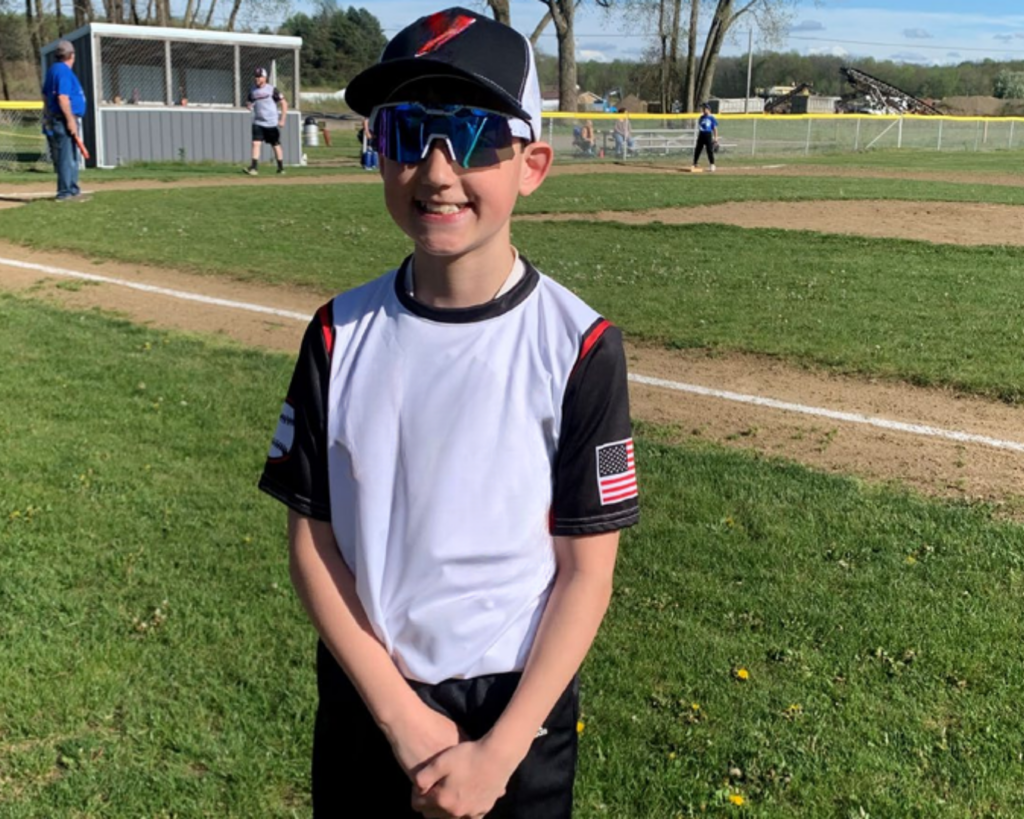
Born in November 2014, Maxton was immediately rushed to UPMC Children’s Cardiac Intensive Care Unit (CICU) for specialty care.
A Forever Bond: Adleigh’s Experience of a Living-donor Liver Transplant
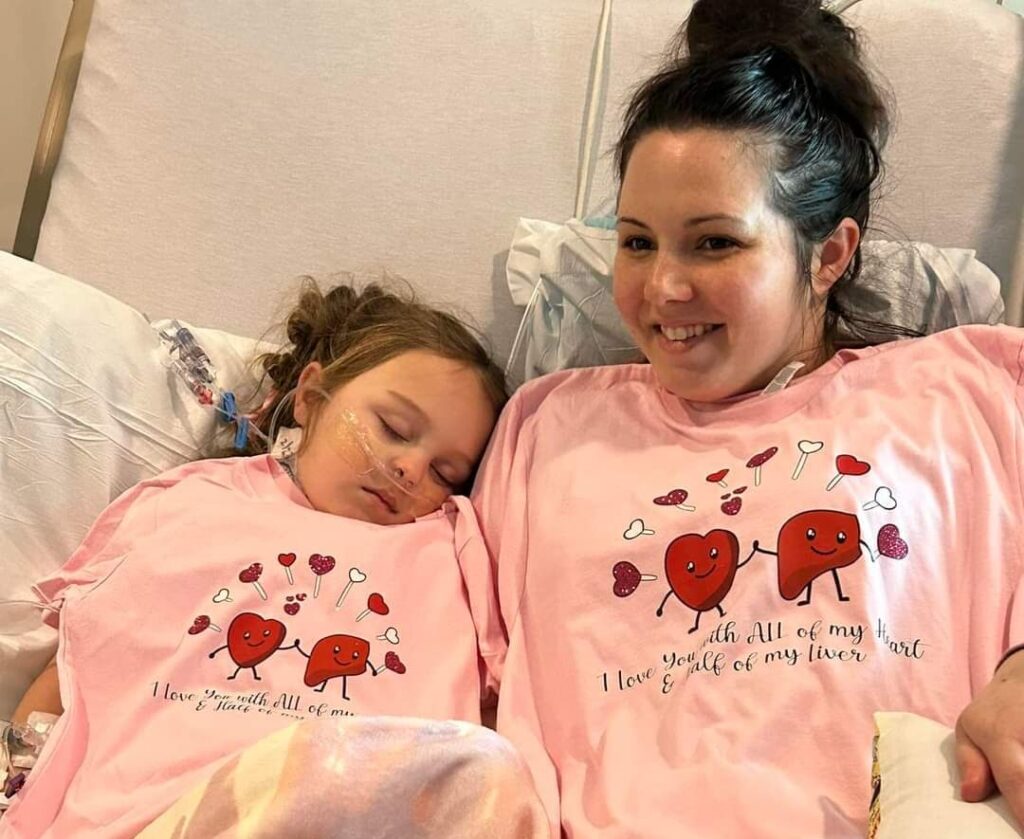
Born with biliary atresia, Adleigh faced a critical diagnosis from day one. But in February, she defied the odds. Adleigh became the 200th recipient of a life-changing gift: a living donor liver transplant.
Kamri’s Superpower
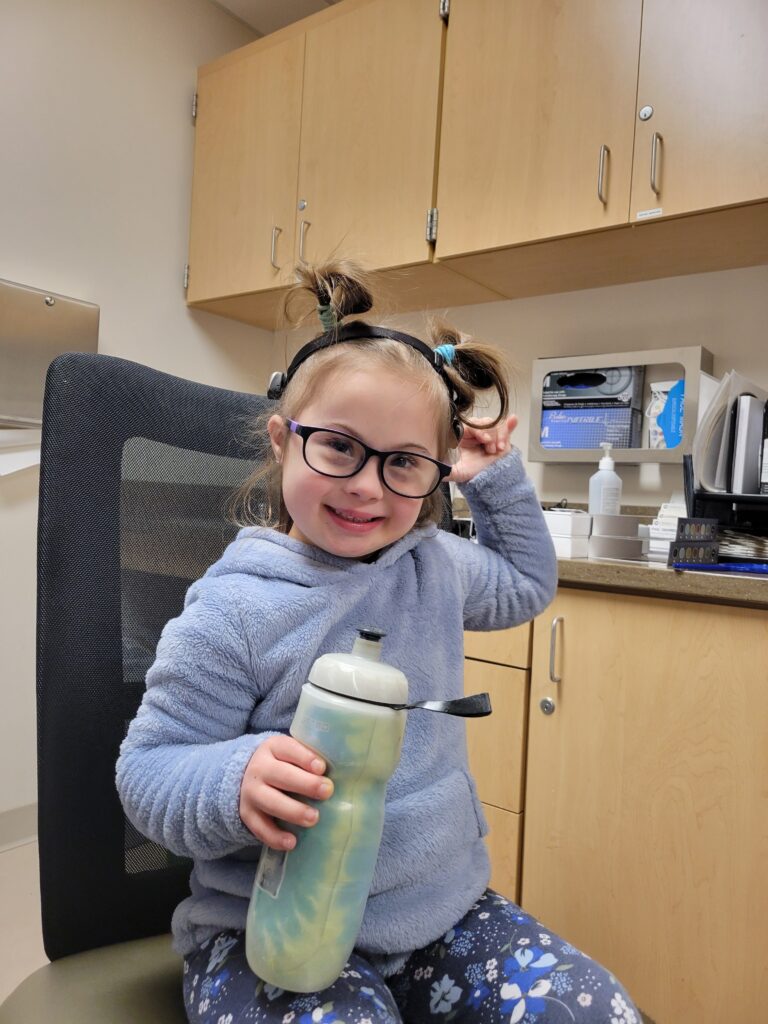
Your investment in UPMC Children’s Hospital of Pittsburgh provides families with the tools they need to become educated and strong advocates of children and adolescents with Down syndrome. This is Kamri’s story, as told by her mom, Casi.
A Heartfelt Journey: Saraya’s Battle with Cardiomyopathy
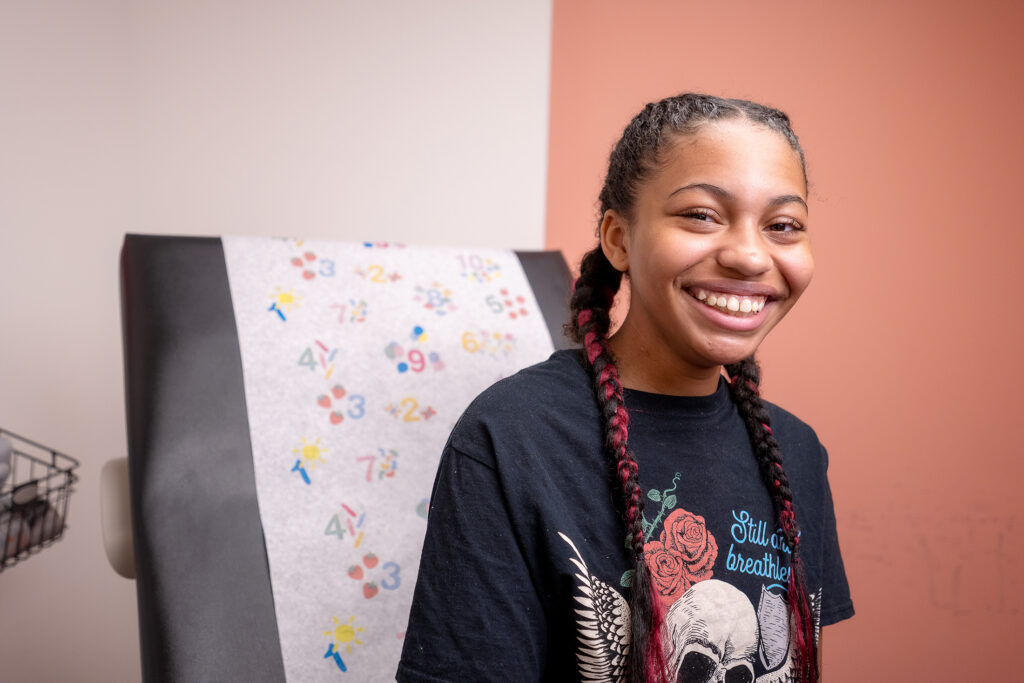
Saraya’s life took an unexpected turn when what seemed like a common stomach virus turned out to be a life-threatening condition that no one saw coming.
Connor’s Unexpected Battle
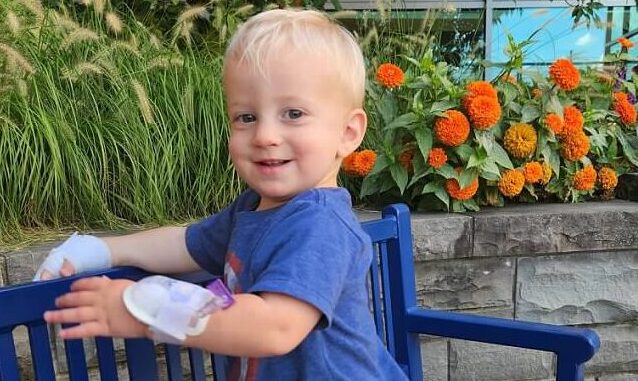
Connor’s accident happened in the blink of an eye. When his parents took him to the hospital closest to their home they were immediately sent to UPMC Children’s.
Harrison’s Journey to the Lab
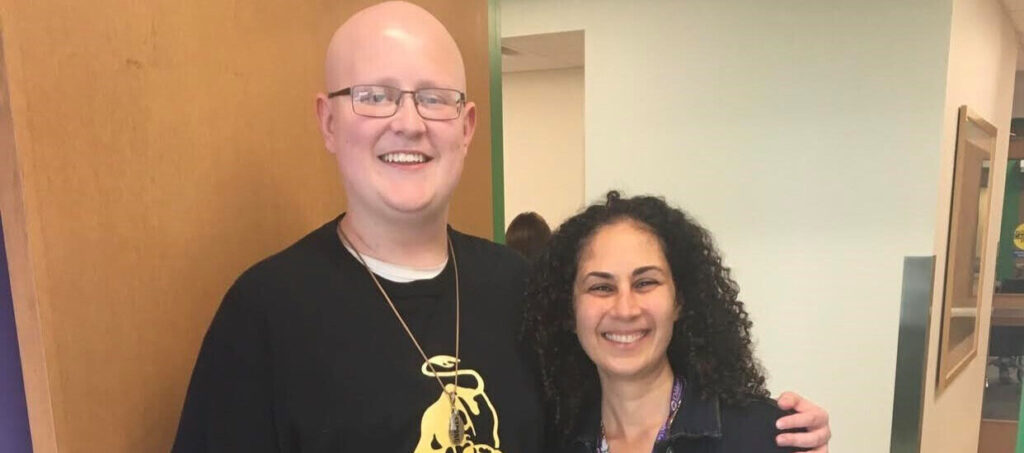
At age 14, Harrison was diagnosed with Stage IV Hodgkin lymphoma. He endured five rounds of chemotherapy and 14 radiation treatments as a high school freshman.
Braxton’s Time to Thrive
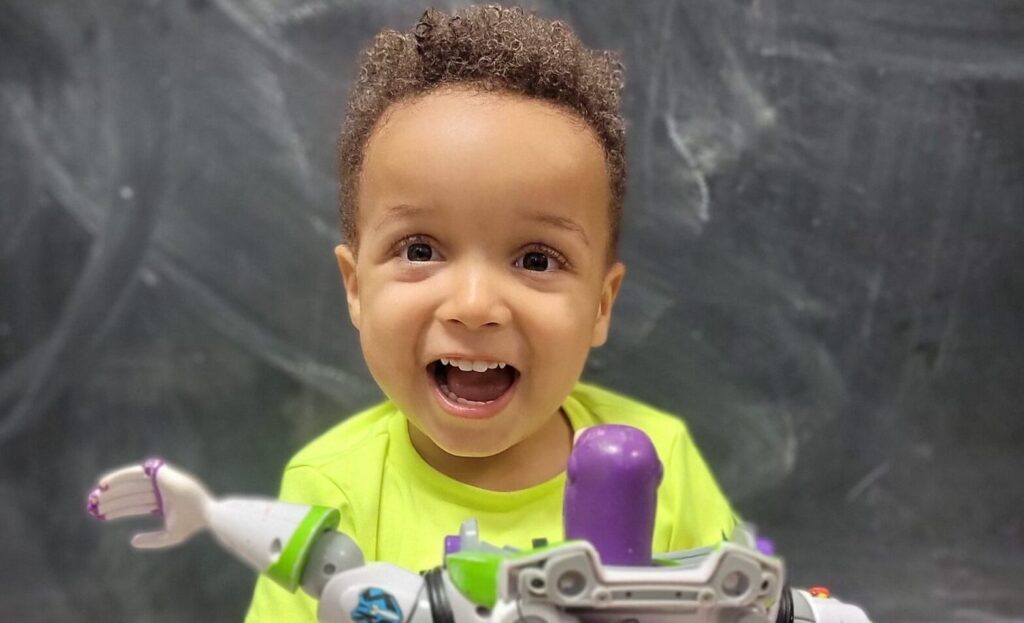
Braxton was born with 7q11.23 duplication syndrome, a genetic disorder that can cause a variety of neurological issues, developmental delays, and other conditions.
“BelleDozer” Triumphs over Thalassemia
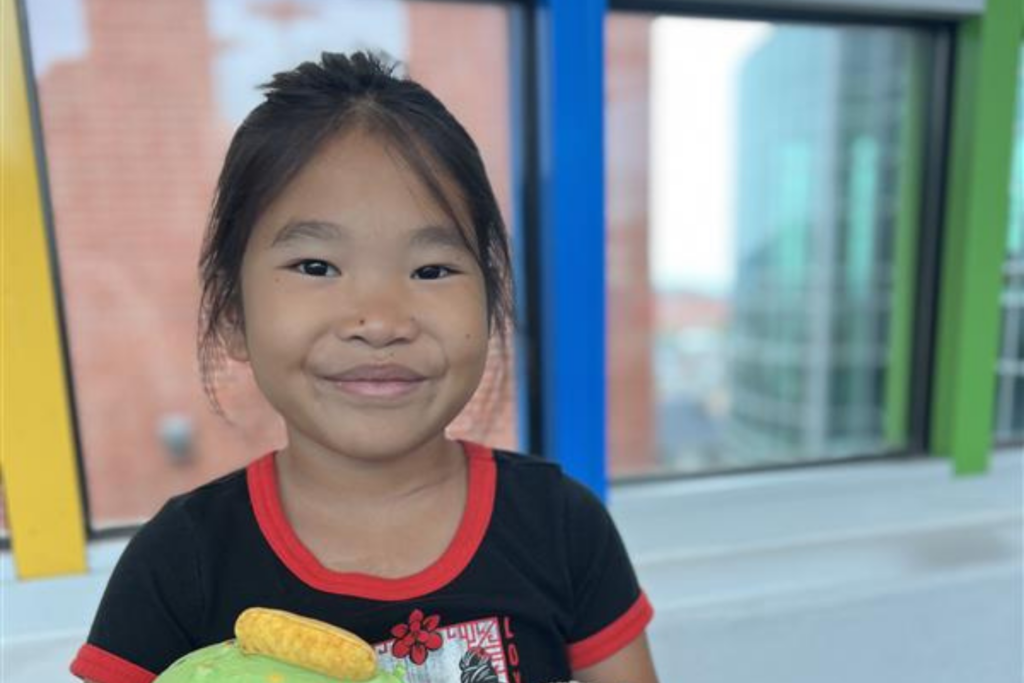
Belle was adopted from China when she was 19 months old. When her parents first met her, they knew she was special. They also knew Belle had potentially devastating blood disorder called thalassemia, which would require a lot of medical care.
